 Title: The Circle (Goodreads)
Title: The Circle (Goodreads)
Author: Dave Eggers
Published: Hamish Hamilton, 2013
Pages: 491
Genres: Dystopia
My Copy: Library Book
Buy: Amazon, Book Depository, Kindle (or visit your local Indie bookstore)
If Facebook and Google were to get married, The Circle would be their direct result of their procreation. The Circle takes the social aspects (and lack of privacy) of Facebook and combines it with the innovation of Google to create a dominant social media platform. Their success was a result of TruYou, a tool that requires people to use their real identity to sign up (including their social security number making it impossible for anyone outside of the US to sign up), many web based companies jumped on board with this innovation, wanting direct access to real data. The effect of TruYou saw the end of internet trolling, identity theft and so much more.
Mae Holland is a woman in her early 20’s that has just landed a job with the Circle thanks to her friend Annie. While she has to start in Customer Experience, a place well below her qualifications the idea of working at the Circle was enough for her. The offices (or campus) of the Circle mimic that of Google, and Mae founds that this is the place to work; everyone is friendly and she will be on the fast track to a promotion in no time. However the Circle; while it demands transparency (hiding nothing from the public) in everything they do, their attempt to close the circle (their mission statement) will result in complete control over everything. Secrets Are Lies, Privacy Is Theft.
Let’s face it, Dave Eggers’ The Circle is less of a social satire and more a horrifying prophecy of the direction social media is going. They days where people can be a curator of their lives online are fast ending and every part of our lives will be accessible. This may have some positive effects in life but when one company or person has too much power, human rights tend to take a back seat. Do people see this? Are they aware just how much of their information is being shared or sold? The Circle forces the readers to ask these questions and take a deeper look what is happening online.
The Circle serves more as a motif; even a homage to Dante if you will. Dave Eggers is the Virgil of this story and both Mae and the readers travel deeper into the circles of hell. Mae learns just much of a tyrant the Circle is, while the reader has a look at social media. While I see this as a homage to Inferno, this totalitarian nightmare is obviously influenced by Nineteen Eighty-Four (as most dystopian novel are) more than anything else. Eggers, like Orwell wants to look at society and see the direction we are heading.
The Circle is headed by the “Three Wise Men” each of them with their own ideas for the direction of the company. These three men seem to be modelled after real life innovators; Mark Zuckerberg, Steve Jobs and Julian Assange. I’m not going to go into the effects three big personalities would have on a company, but I’m sure you can imagine. I’m not going to go too much further into the plot or themes but with a company slogan like “All that happens must be known”, I probably don’t need to spell it out.
This is my first Dave Eggers novel and I’ve often heard that this is one of his weaker novels, however I think this was a perfect place to start for me. I found this dystopian satire to be directly influenced by the works of Jonathan Swift and George Orwell. I have no idea what Eggers other novels are like but I’m convinced to read more; even if they are not social satires. I loved how he incorporated pop-culture into the novel but I worry that this will mean it won’t age well, so you might want to pick this one up soon.
I have been reading novels that critique society but the majority have been classics, so it is nice to step into a modern day setting and see how the age of high-tech innovation and technoconsumerism could be harmful. I see some mixed reactions to this novel and I can understand that, my only hope is that people are understanding satire and are not marking it down for that. Of course I am a big fan of satire and will always be preaching about its value within literature. I found The Circle to be a very impressive novel and it did a great job at critiquing society, I hope people will give it a chance but I suspect this book will be a popular pick. I would like to do this one as part of a book club.

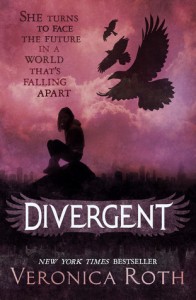 Title: Divergent (
Title: Divergent ( Title: The Year of The Flood (
Title: The Year of The Flood (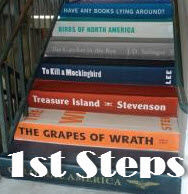

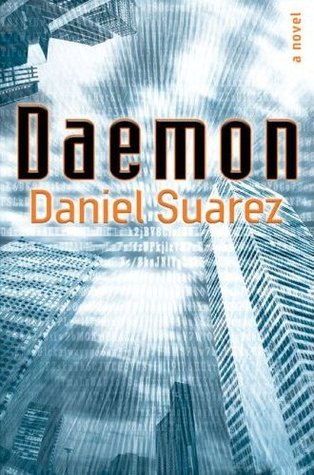 Daemon by Daniel Suarez
Daemon by Daniel Suarez
 Neuromancer by William Gibson
Neuromancer by William Gibson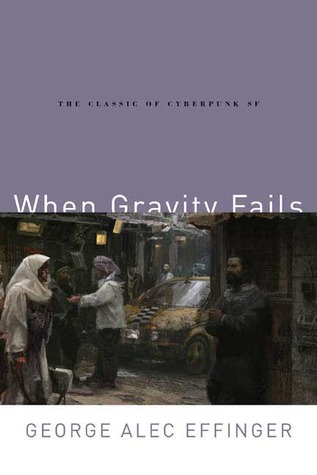
 Title: Wool (
Title: Wool (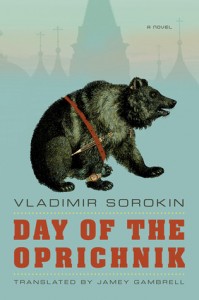 Title: Day of the Oprichnik (
Title: Day of the Oprichnik ( Title: 1Q84 (
Title: 1Q84 ( Title: Partials (
Title: Partials ( Title: Railsea (
Title: Railsea ( Title: We (
Title: We (